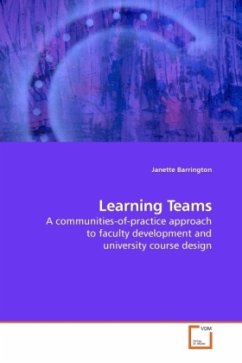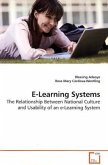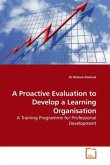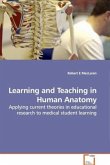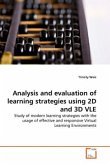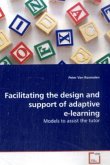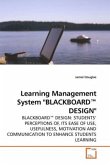We have intuitive knowledge that more heads are better than one in instructional decision-making, now we have empirical evidence. The traditional model of faculty development is workshops and one-on-one consultations. Situated learning theory suggests we move out of the classroom and into authentic, collaborative, problem-based work situations. This is what learning teams do. Learning teams emphasize collective responsibility for student learning. Teams are composed so that professors deliberate on course decisions with a strategic group of people crossing boundaries we may not even know exist. They represent a proactive model for faculty development with course design as a vehicle for change. This book tells the story of a learning team that met for one year, generating and reflecting on the results of three design iterations. Grounded theory analysis of interviews with participants generated a conceptual model with a core concept captured in the phrase a systematic way of talking to each other. Learning teams will be of interest to university administrators, faculty, staff, and graduate students interested in new ways of working together to improve student learning.

